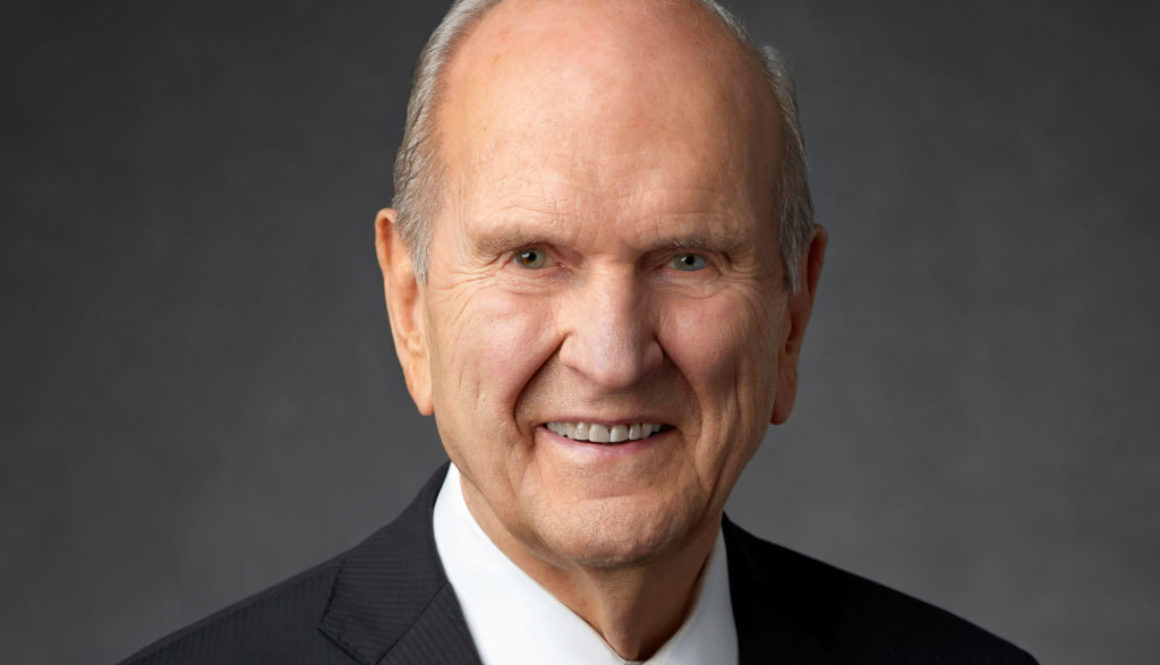The Holy Ghost Warned and Protected Me
This post might be a little different from my usual writing, but to be honest, I wasn’t sure what to write about this week, and this experience keeps coming to mind. I hope sharing it will be meaningful to someone who is looking to understand the Holy Ghost.
Guided by the Spirit: A Moose Encounter and a Lesson in Promptings
This past Tuesday, I got up early and headed out for a hike up a nearby canyon. I’d previously discovered a small herd of moose there and wanted to photograph them. It turned out to be a beautiful and intense experience that reminded me of how real and personal the promptings of the Holy Spirit can be when we choose to listen.
Before I dive into the story, here are a few additional resources from leaders of the Church of Jesus Christ of Latter-day Saints on hearing and heeding the Spirit.
Elder M. Russell Ballard
Elder Gerrit W. Gong
Elder Gary E. Stephens
Elder David A. Bednar
Now, here’s the experience, as I recorded in my journal that day. Background: I’m at a small lake and there is a small bull moose and a group of three others. There’s a diagram at the bottom to help you visualize.
My Moose Experience
I was standing with my back to the water’s edge when the smaller bull moose came running down the hill toward the spot where I was set up with my camera. I had nowhere to go. I could have moved toward the moose and dodged around a clump of bushes to my left. I could have gone right along the shoreline, but I didn’t feel comfortable being there because that left me in the wide open where I would have nothing to hide behind.<
My other and best option was to retreat back and to the left, behind the clump of bushes and up a small hill to a ridge. That route would afford me a bit of coverage before I was back in pretty much the same path of the charging moose.
I’ve heard (though I’m not sure it’s true) that moose have been known to charge people into the water and hold them under the water with their antlers.
I dashed to the side and up the small hill. I don’t think the moose really saw me standing by the water because he stopped when I made my dash. Moose don’t have good vision.
The moose continued to the waterside and stopped right where I had been standing moments earlier. From my new position atop the hill, I felt safe enough to photograph him, with the bushes now between us.
After a minute or so, I began to feel unsafe where I was standing and felt prompted to move. There was a couple standing on the ridge near me, and as I left, I told them I felt like it was unsafe to be stay. They chose to remain.
I moved farther up the ridge, where I could still see the moose and to get some more photos. The bull moose where I had been standing was eating the bushes and slowly worked his way through them.
Suddenly the moose charged at the couple, who were standing on the ridge about 10 feet away. They ran down the other side of the hill, but the moose kept chasing them until they veered off the trail and the moose kept running along the trail. If I had stayed where I was on the ridge I would have been directly in his path, but I would have been extremely too close for comfort and I would have been backed into a corner of trees, with no escape if the moose decided to change directions.
After standing on the ridge for a couple of minutes, I again felt prompted to move, so I moved back down closer to the water. I know it was a spiritual prompting. Soon after I moved, the second larger bull moose and two cows went running exactly where I had just been standing.
Thank You to the Holy Ghost For Protecting Me
Looking back on that morning, I can see clearly how those subtle spiritual promptings from the Holy Ghost protected me. I didn’t hear a voice. But the quiet feelings of “move now” and “this isn’t safe” came at exactly the right times. I believe the Holy Ghost was guiding me.
It’s a reminder to me that personal revelation is real. The Spirit doesn’t just speak during big moments of life—He also speaks in small moments, on mountain trails, and in situations we don’t expect. Our job is to be in tune enough to listen and act.
Since I’ve probably done a poor job explaining the layout of the land and the events, I’ll draw a poor picture to diagram it.
Orange arrows = Me
Blue arrows = first moose
Green arrows = the three other moose

Image Credit: Dallas Golden/Google Maps
Incidentally, here is a helpful article on what to do if you’re ever attacked by a moose—something worth knowing if you spend time in moose country. While moose are usually calm and non-aggressive, they can become extremely dangerous if they feel threatened, especially during the rutting season or if a cow is protecting her calf.
I’ve personally hiked within 10 to 15 feet of a cow moose who simply sat there, casually munching on bushes and watching us pass. It felt peaceful—but I was very aware that the situation could have turned bad in an instant. Moose are massive, powerful animals, and it doesn’t take much to provoke them if you’re too close or if they feel cornered.
It’s a good reminder: respect wildlife, keep your distance, and always be aware of your surroundings. Having a little knowledge ahead of time can make all the difference.







